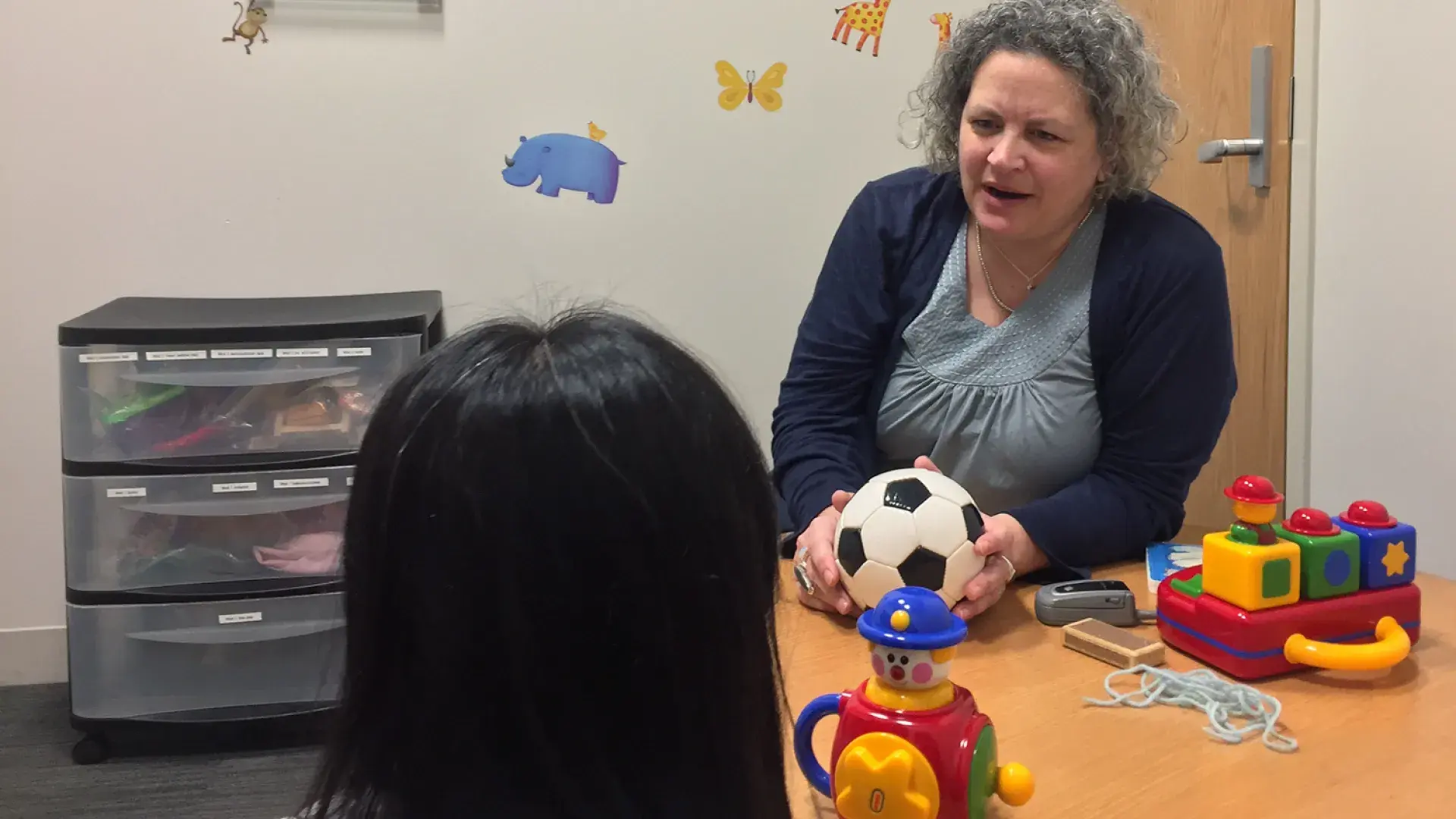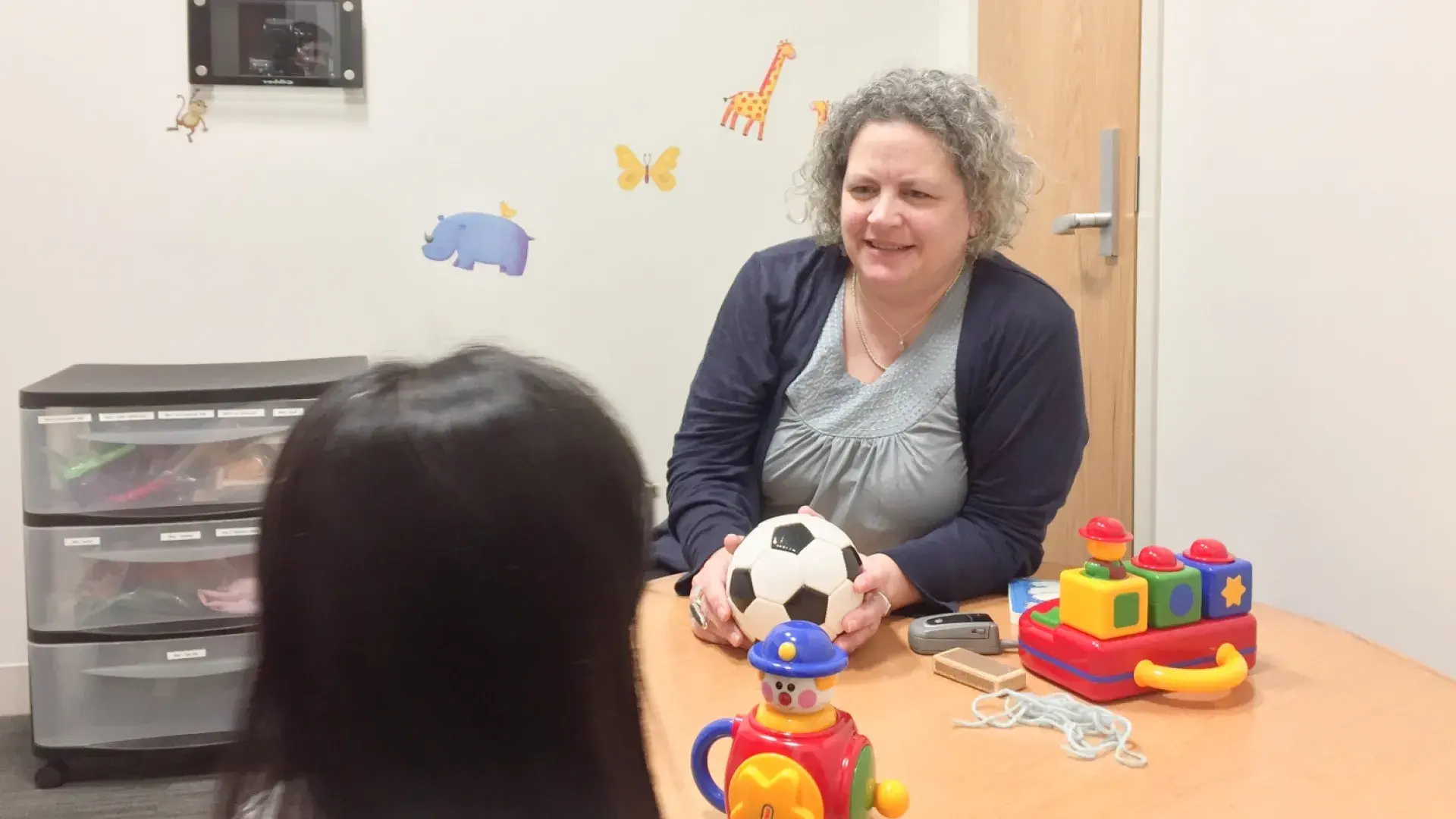
At SPAN, we are interested in understanding why many children with neurodevelopmental disorders don’t learn to talk on their own.
Our work so far has concerned minimally verbal autistic children, but they are far from the only ones whose spoken language development is affected. Our ultimate goal is to improve communication outcomes for children at risk for being minimally verbal.
Our work has been supported by NIDCD, Autism Speaks, the American Speech-Language-Hearing Foundation, and the Autism Science Foundation.
Grant Information
R00 DC 017490 from the National Institute of Deafness and Other Communication Disorders (3-year grant)
Description: We will investigate whether treatment for a developmental speech disorder, “childhood apraxia of speech” appropriately modified for minimally verbal children with ASD aged 5-18, improves their speech.
Royal Arch Masons Pilot Grant # 12872 from Autism Speaks (1-year grant)
Description: We will investigate whether low- and minimally verbal children with ASD aged 5-12 have difficulty distinguishing similar-sounding words like “ball” and “doll” and how any auditory perceptual difficulties may relate to their speech production and expressive language abilities.



